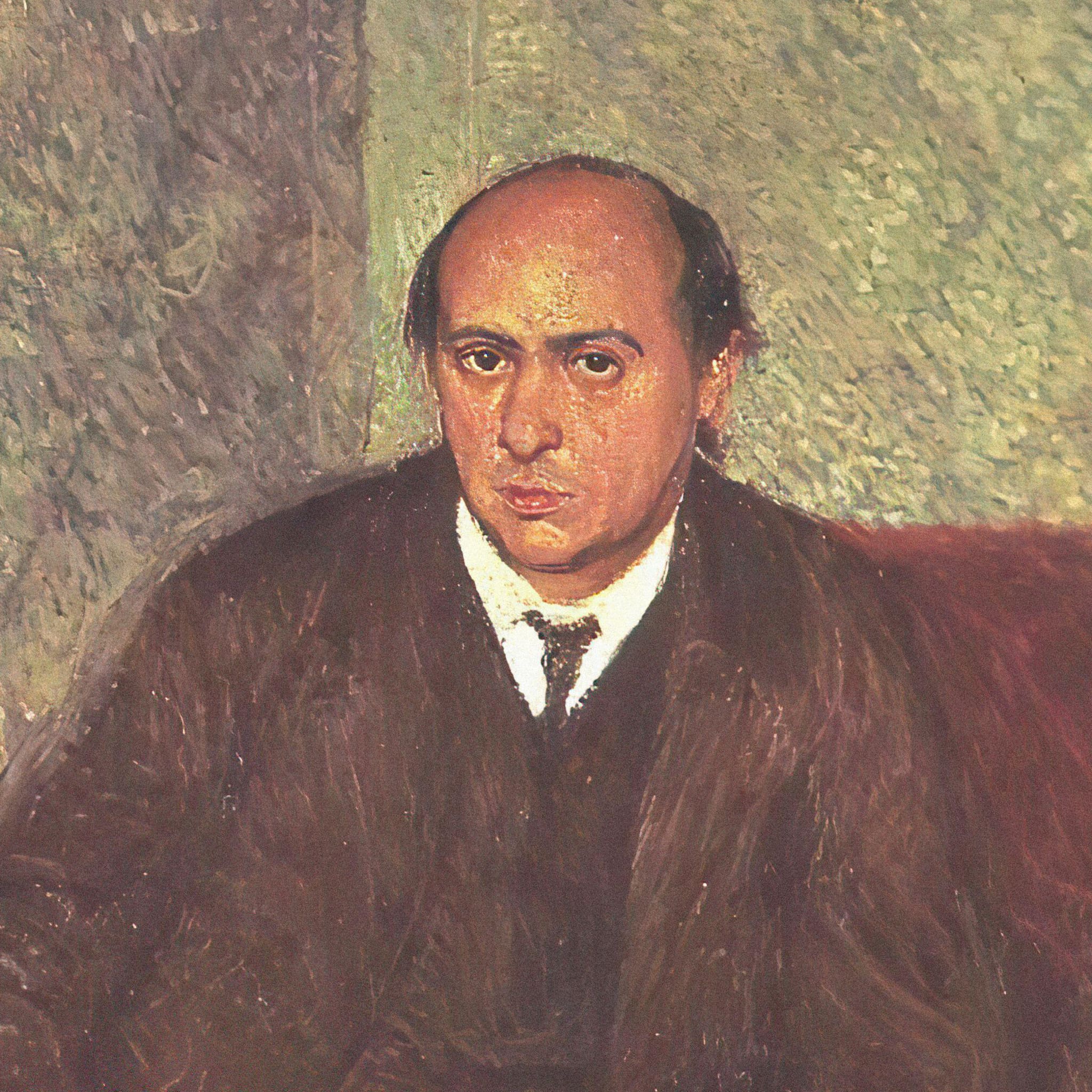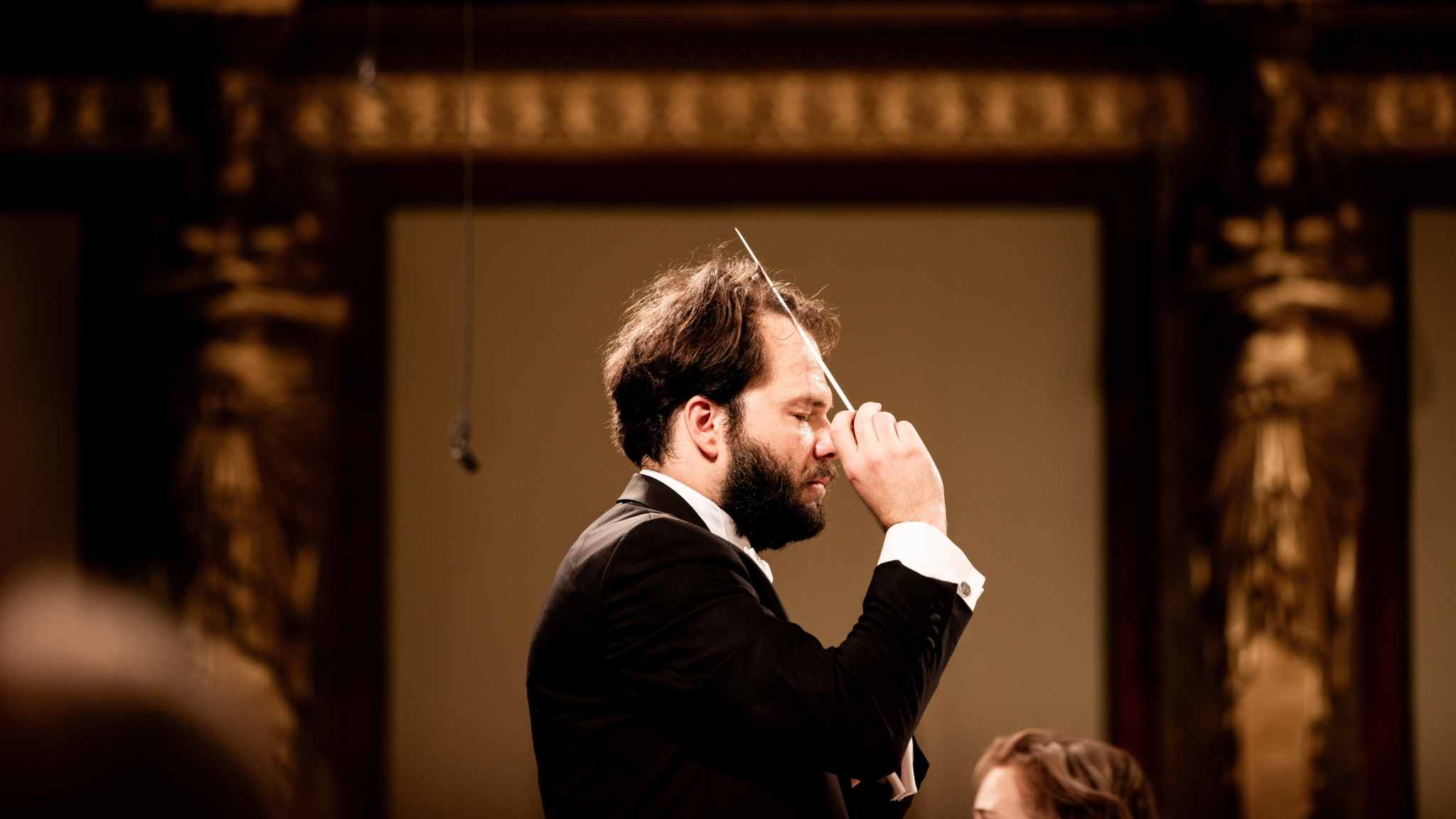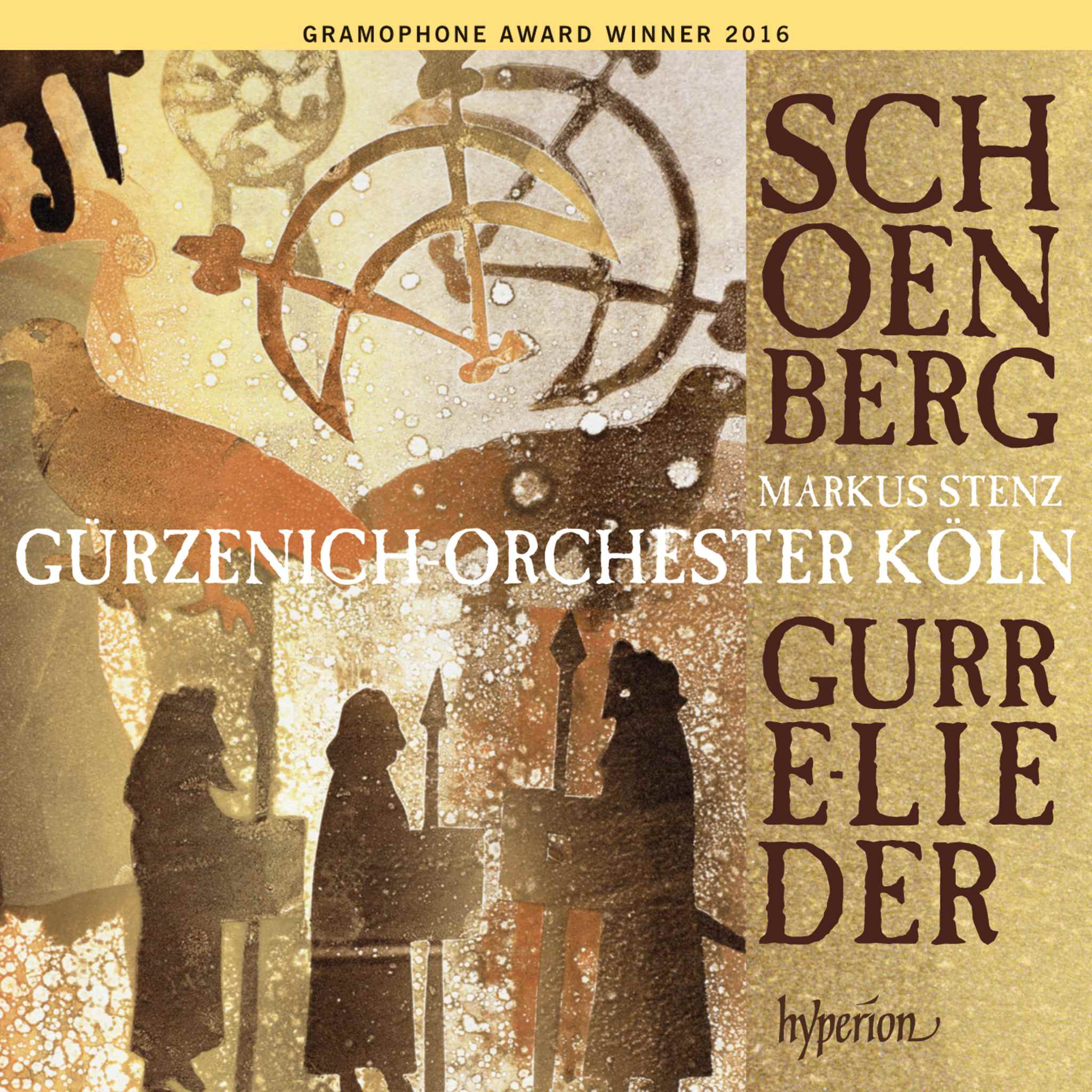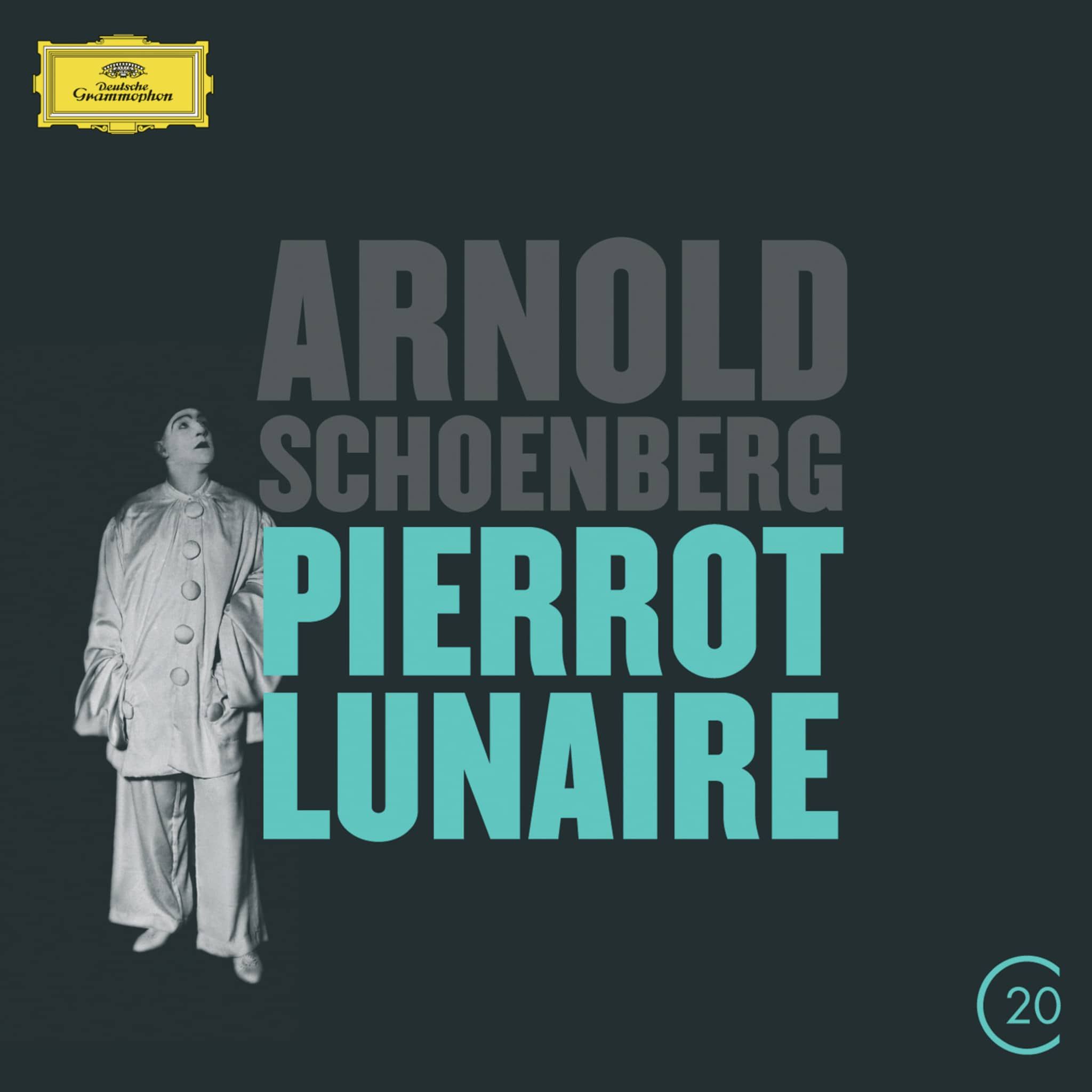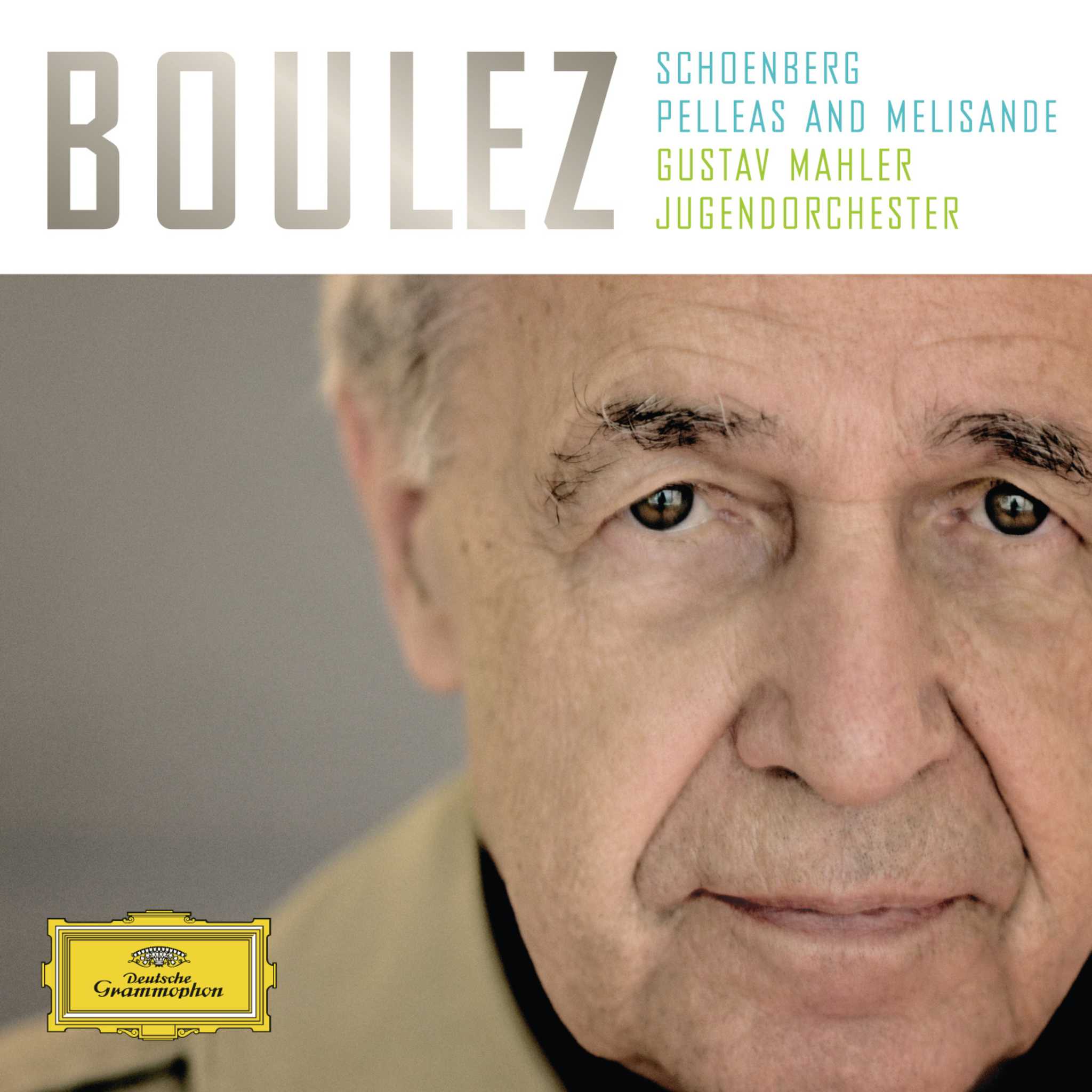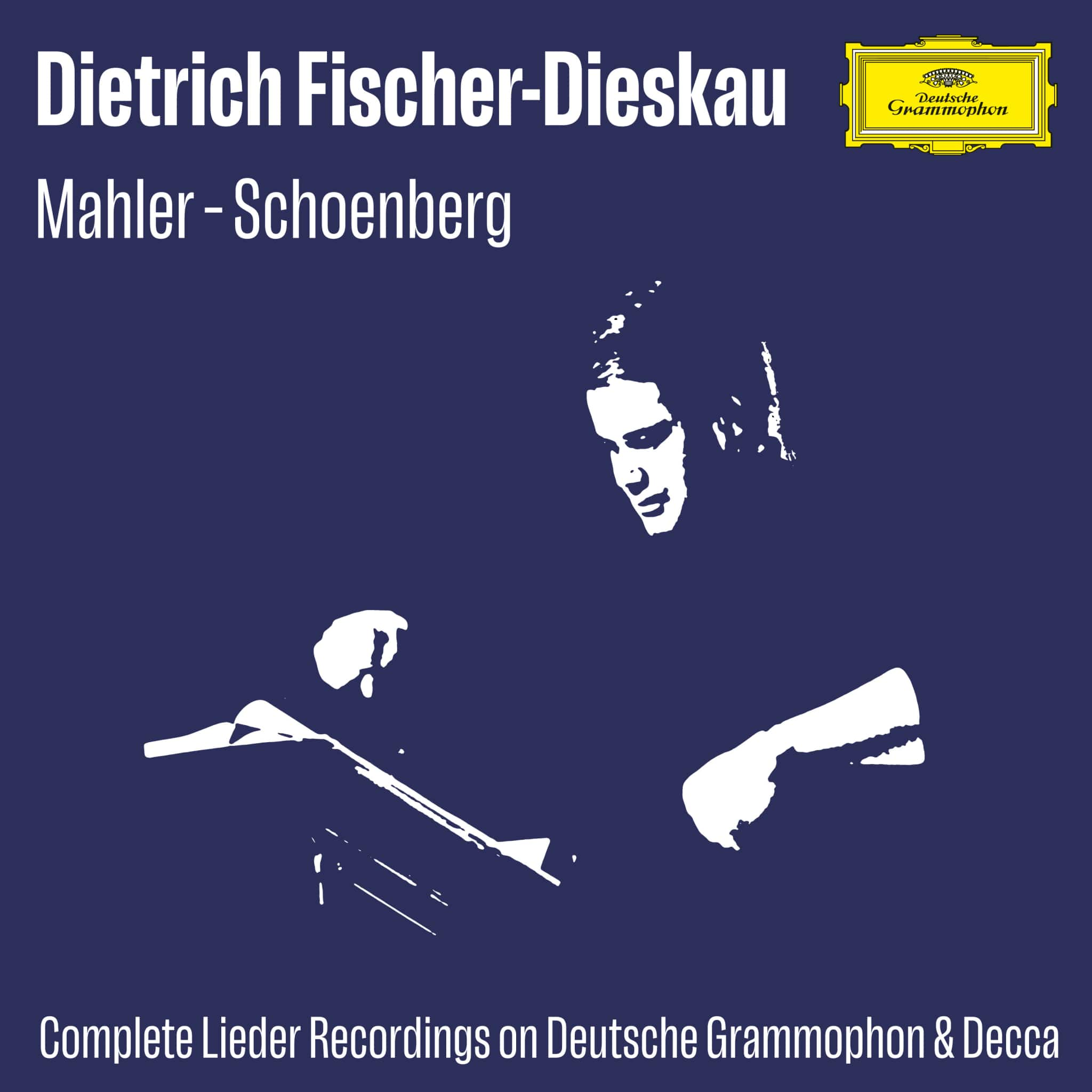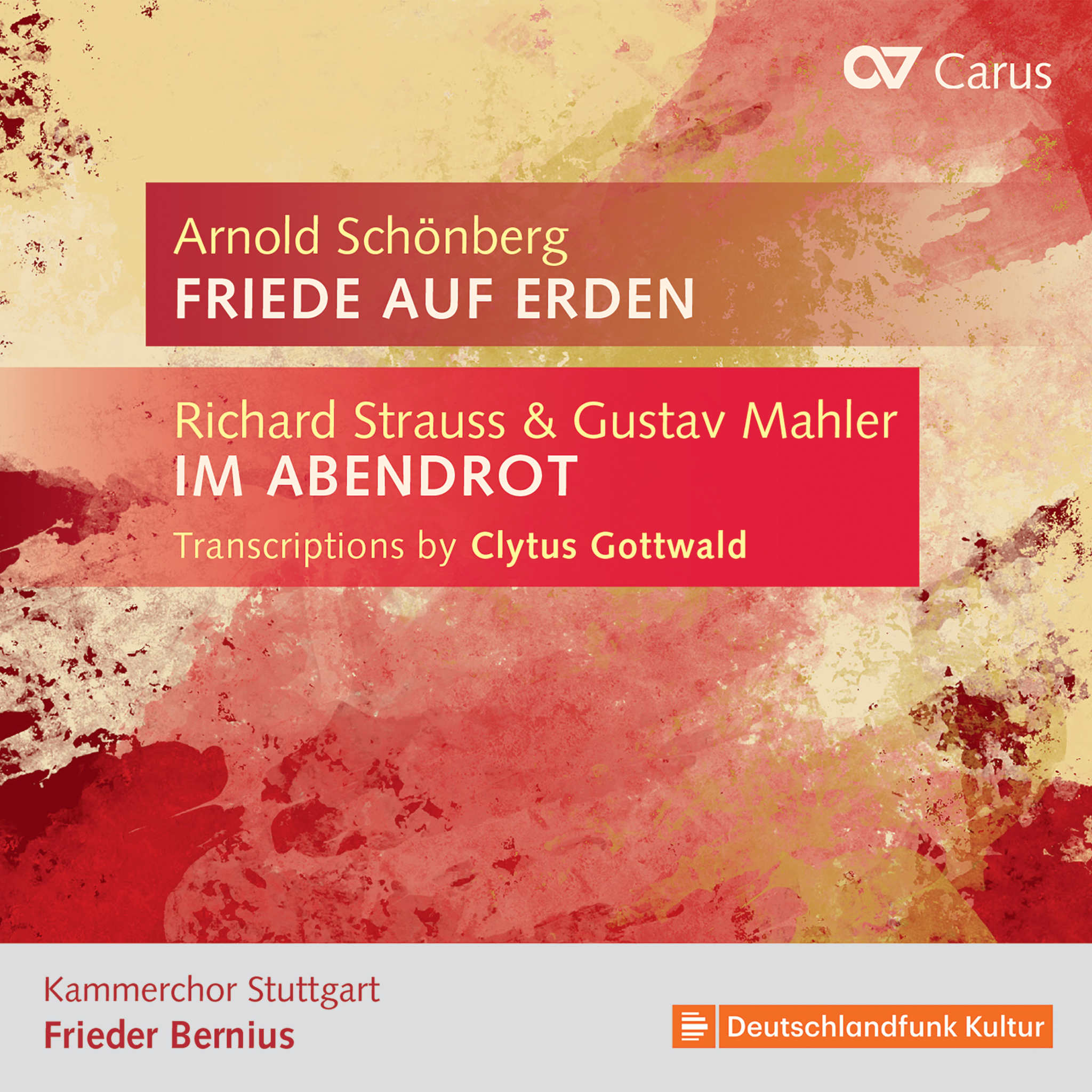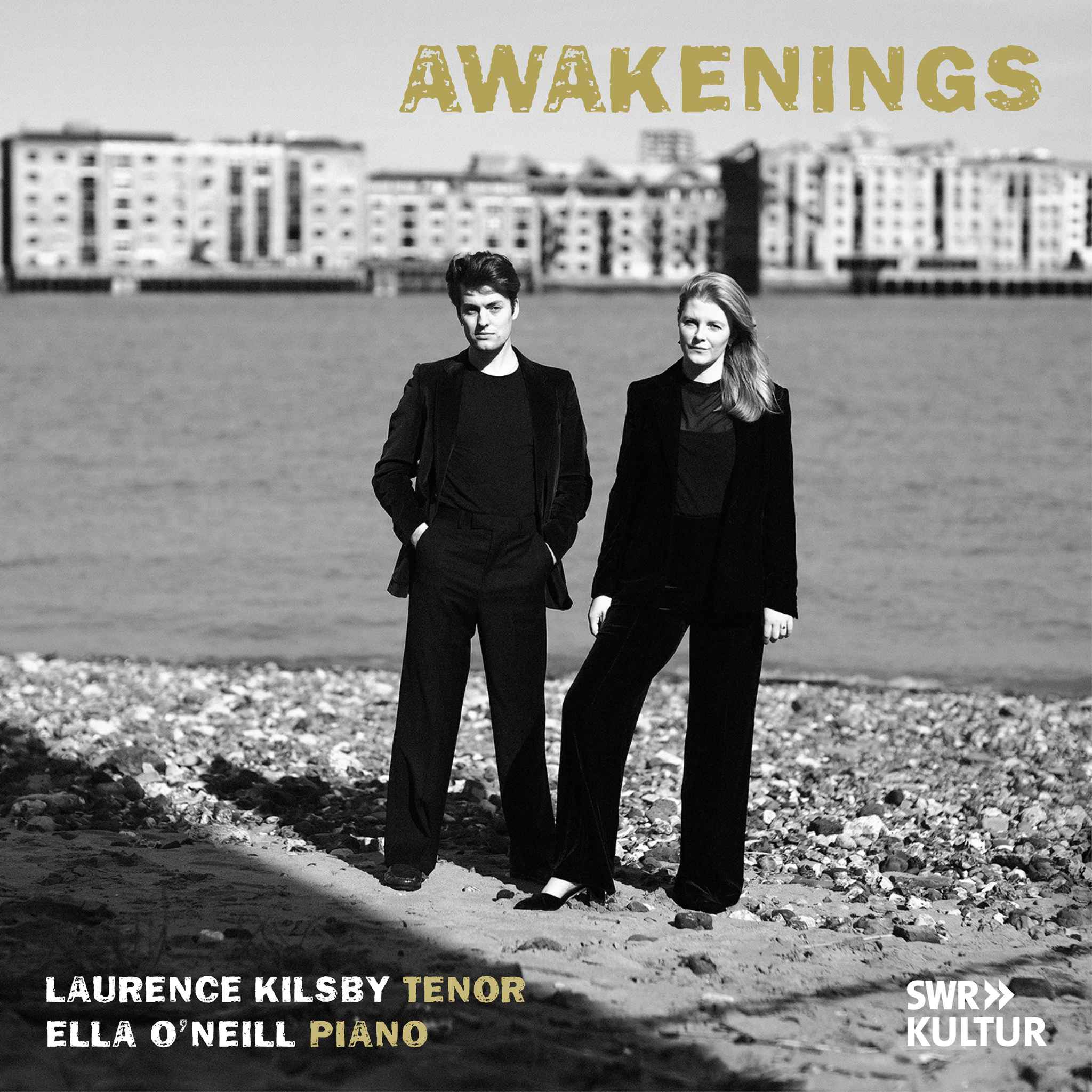The Musical Life and Influence of Arnold Schoenberg
Arnold Schoenberg (1874–1951) was a pivotal figure in music history, known as an Austrian-American composer, music theorist, and influential teacher. He is celebrated for pioneering the development of atonality and twelve-tone serialism, which significantly impacted the evolution of 20th-century classical music.
The Pioneering Atonality and Twelve-Tone Music of Schoenberg
Schoenberg's most notable contributions include the development of atonality and the twelve-tone technique. His twelve-tone method systematically interrelated all notes of the chromatic scale, creating a new harmonic system. This innovation influenced generations of composers, shaping the course of modern music.
Arnold Schoenberg’s Impact on 20th Century Music
Schoenberg's work significantly impacted the evolution of 20th-century classical music. His innovative techniques and styles, such as atonality and twelve-tone music, were controversial and often met with hostility. However, they went on to shape the course of modern music and influence generations of composers.
Schoenberg – A Self-Taught Composer
Born in Vienna to a Jewish family, Schoenberg began composing at a young age. He was largely self-taught after initial piano lessons from Alexander von Zemlinsky. His early works, such as Verklärte Nacht (1899), showcased a synthesis of Brahmsian and Wagnerian styles.
The Second Viennese School: Schoenberg, Berg, and Webern
Schoenberg, along with Alban Berg and Anton Webern, formed the Second Viennese School, a group at the forefront of avant-garde music. Their works, including Schoenberg's Pierrot lunaire (1912) and Erwartung (1909), were often controversial and later banned by the Nazis. Despite initial hostile receptions, Schoenberg remained undeterred.
Schoenberg: Composer, Theorist, and Teacher
Following the rise of Nazism, Schoenberg left Germany for the United States in 1934. He initially settled in New York and later taught at the University of California, Los Angeles from 1936. His later works continued to explore the integration of traditional and twelve-tone music, leaving a profound legacy in the 20th century.
